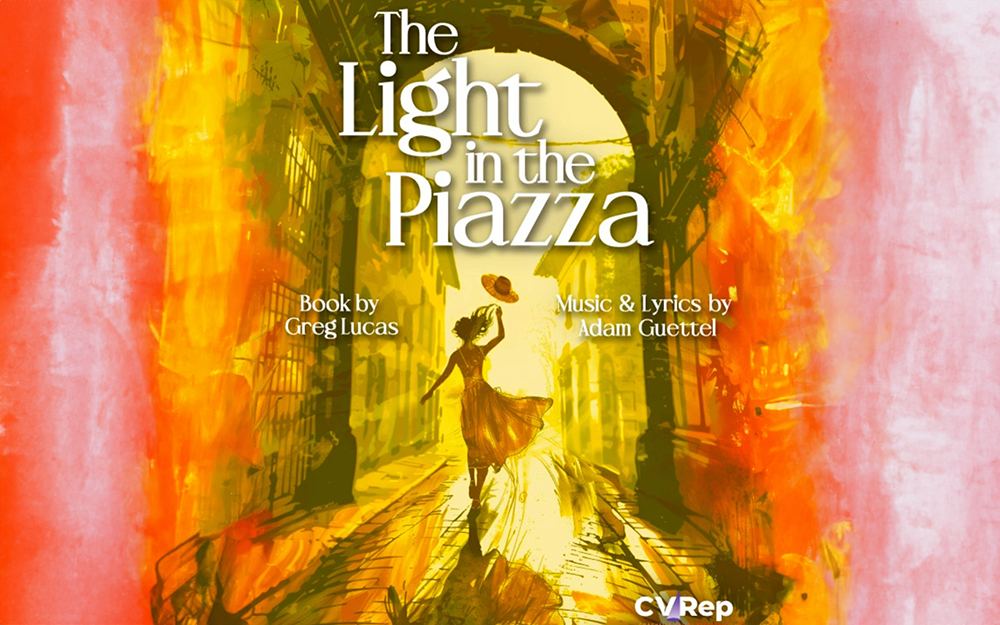
By Heidi Simmons
—–
Bark
by Lorrie Moore
Stories
—–
Controlled, contained and courageous, the short story has the ability to tap the zeitgeist and deliver a punch that resonates in the solar plexus for a duration that can surpasses a longer, fully-novelized narrative form. Amazingly, Lorrie Moore does exactly that in her new collection of stories, Bark (Knoff, 192 pages).
In eight stories, Moore boldly confronts the reality of middle age and the fading dreams of one’s golden years. Each story packs a potency revealing something profoundly present in the frail and broken human condition.
The first story in the collection is “Debarking.” Ira is divorced, but still wears his wedding ring. He claims to not be able to remove it because his fingers have swelled. When his good friend invites him to join a small dinner party for Lent, Ira reluctantly goes to the goyish event.
Ira meets pretty Wasp Zora, a divorced Pediatrician. Painfully awkward and uncomfortable, he attempts to date Zora. Out of the dating loop and hardly suave or cool, Ira finds himself caught up in a bizarre relationship. As Ira adjusts to his new life as a part time father of a ten-year-old daughter as well as boyfriend, he becomes aware that Zora may be seriously crazy.
The beauty in this story is how Ira’s character begins weak and pathetic, but blossoms as he recognizes Zora’s flaws and creepy idiosyncrasies. Perhaps he’s not so bad. The story takes place during the Iraq war with a layered theme of loss, the meaning of Lent and the promise of a Messiah. Without it being mentioned, the reader knows Ira’s ring will certainly come off.
In “Wings,” the characters are a vagabond couple in their late 30s on the cusp of giving up their dreams of being professional musicians, a “career” that never fully came to fruition. KC and Dench are temporarily living at a house while the owner is away. The “friend’s” home is in a nice neighborhood with beautiful houses. The couple are clearly outsiders in the well-off, groomed community.
Each morning, KC scrounges money for a cup of coffee. She walks with her dog to the corner coffee shop and drinks only half the cup saving the rest for Dench. On her regular morning trek, she meets Milton, an old man who lives in a home so big it has wings.
Rich and lonely, Milton strikes up a friendship with KC and eventually invites her in for blueberry muffins. This unlikely and uncomfortable relationship becomes an issue between KC and Dench. Dench believes it’s okay to use the old man and that maybe there’s a way to profit from the friendship. This causes KC to reevaluate her lifestyle and relationship with Dench. She never thought of herself as someone to take advantage of a person in that way. KC reluctantly nurtures the relationship with Milton and does in fact end up with his entire estate.
The beauty of this sordid tale is that KC does the right thing and sadly matures without Dench or a music career. What Moore does so well here in these characters is twist the fairytale theme of “happily ever after” and then drops it hard on its head. Finally, KC may have gotten the life she needed, but it’s unclear if it’s what she actually wanted.
Moore’s dialogue between KC and Dench reveals their intelligence, love and charm. It is witty, hip and intimate. But underneath lurks the sadness of a life and love that can never be.
“Thanks For Having Me” reaches the subtle depths of a maturing relationship between a single mother and her beautiful adult daughter. The two attend the second wedding of their former nanny, a Brazilian hottie and heart-breaker. The event is an odd gathering of people and becomes a very strange affair. The mother-daughter duo find common ground as well as an unspoken appreciation for each other and the madness of life.
“Foes” is about an uncomfortable political encounter at a fundraiser that goes from polite to crazy. “The Juniper Tree” is a ghost story in which a few good friends get together and visit their friend and colleague who has in fact passed away. “Subject to Search” is about long time friends who finally meet as lovers only to be separated by the events in the Middle East. “Paper Losses” finds a woman who refuses to divorce and insists on going on the family vacation. “Referential” tells the story of a mother whose son is institutionalized and her boyfriend who no longer wants to be a part of the family. Every story strikes a familiar cord and resonates with a contemporary intensity. If you don’t recognize yourself in these stories, you will meet people you know.
So much of Moore’s story is not on the page but between the lines. It is through her character’s observations and actions that she reveals insight, wisdom and understanding. Sometimes it’s painful and sometimes it’s beautiful. But it is always honest, if not sad. No matter the subject, Moore conjures powerful magic with words that leaves the reader dazzled, intrigued and moved.
All eight stories work in similarly compelling ways, yet are vastly different. There are lines that linger and haunt. Moore knows her subject – which seems to be middle-aged angst — well and delivers a gripping and entertaining read around relationships that form our existence both for better and worse.
I like to think the title Bark is about the hardened outside we build in order to protect our soft inside as we slowly grow, branch and learn the tougher lessons in life. Or perhaps it is the loud screech of terror as we reluctantly embrace our mortality.
Lorrie Moore will be attending the Second Annual Rancho Mirage Writers Festival next January. Tickets are still available.










































